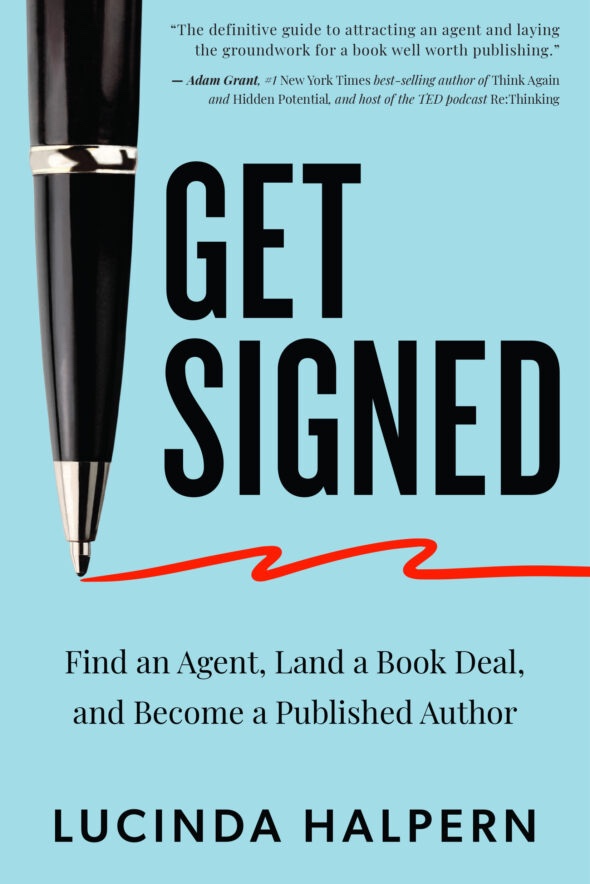Search
What to Prepare for a Conversation with an Agent or Publisher
It’s a brand new year and while it looks, on the surface, a bit like the last, for many of us there’s a glimmer of hope. 2020 turned out to be a surprisingly good year for books. Maybe this is the year you will finally realize that dream to see your book published.
If you’ve now finished your manuscript or book proposal, and have heard positive feedback from those you’ve submitted your work to, you may be gearing up for the next step: a conversation with an agent or publisher. Before you dial in, here are a few questions you should be prepared to address:
Who is the audience for your book?
Have this answer on the tip of your tongue. The more specific or singular the better, i.e. “readers of my articles tend to be professional women in their 30s seeking self-improvement.” Don’t make the rookie mistake of being too broad, i.e. “all women age 20-60.” This is typically a tell-tale sign that you don’t have an audience or, if you do, that you’re not in tune with their unique needs and cravings.
If you’re wishing on a star that masses of readers will find interest in your work, it leads an agent or publisher to ask: but how?
 Why this book, why now?
Why this book, why now?
For nonfiction writers, the answer should be obvious within the first two paragraphs of your query letter. What’s less obvious is why, for fiction writers, a particular novel needs to exist. Is there an especially topical element? A unique character? Does the novel satisfy a popular hunger, but contribute a new point of view?
If you aren’t asked this question directly when you meet with agents and publishers, find a way to make the argument succinctly. It will help that agent or publisher make the case for signing you on.
Why are you best positioned to write it?
Writers will wish to lean on credentials here. These are a few compelling reasons we hear: you’ve either evidenced a large or very engaged audience on your blog or social media, you’re discussing new, groundbreaking research that supports the book, or you’ve garnered awards or public recognition related to the topic of your book.
What are the book’s big reveals?
This is an opportunity to demonstrate your research of books in your category, and make the case for how yours fills a niche. It could be that your research or writing has tapped into something that is previously unknown or not commonly believed, or that you’re shedding light on a little-known story that deserves more attention.
What is your plan for audience development and marketing?
Even writers with significant audiences come with a broad strokes marketing plan in mind—and not one that relies solely on the publisher! In fact, writers with larger existing audiences should have come to the table with a sense of what offers or themes have resonated. Beyond creative marketing ideas, writers should liberally “name drop” people in their network who would blurb or support the book in a meaningful way.
How long will you need to write the book, and do you have an ideal publication in mind?
I wouldn’t make the rookie mistake of proposing it will take just three months to write a book. A more conservative, typical estimate is 6 – 12 months. It doesn’t get you “points” to be exceedingly fast if the end product isn’t well-researched or executed.
Regarding publication timing, a publisher may already have an idea for the right season. But it cannot hurt to show that you’ve considered this carefully as well. If you’re a strategic, long-term planner—which agents and publishers love—maybe the best timing is when you expect your audience to reach a critical mass, or in time for a particular season when your topic would be foremost in readers’ minds.
This new year, resolve to get clear on the critical answers agents and publishers want to hear. We’re rooting you on.








